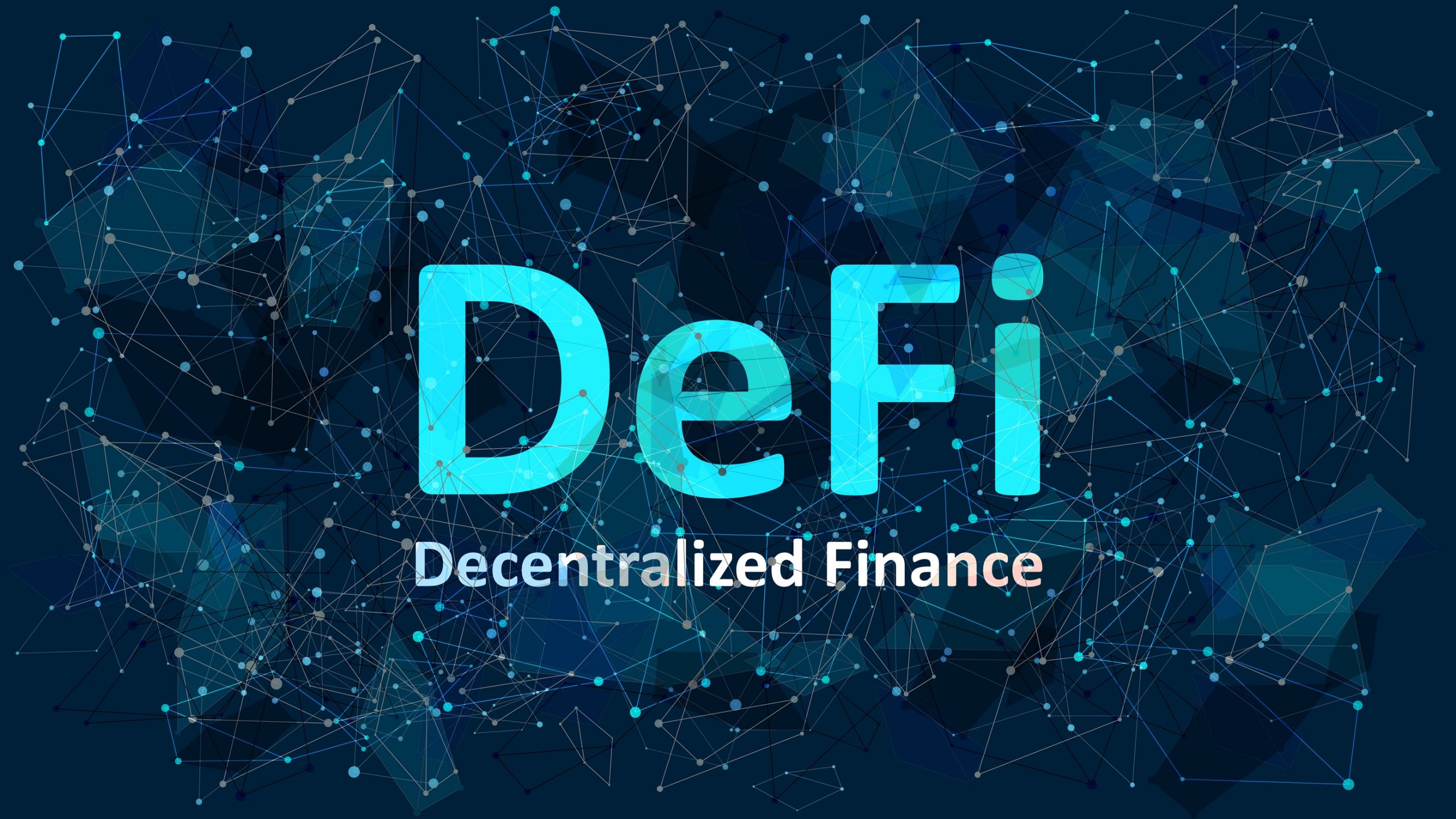In recent years, the world of finance has undergone a significant transformation with the emergence of decentralized finance, often referred to as DeFi. One of the most prominent players in this revolutionary shift is the pioneering cryptocurrency. This article delves into the pros and cons of Decentralized Finance (DeFi) and its intersection with Bitcoin, shedding light on the opportunities and challenges they present. The immediate-definity-360.io offers a trading platform that’s designed to make trading easier and more profitable.
Understanding DeFi
Defining Decentralized Finance
Decentralized Finance, commonly abbreviated as DeFi, represents a revolutionary shift in the world of finance. This transformative concept seeks to upend traditional financial systems by eliminating intermediaries, empowering individuals with direct control over their financial activities. Utilizing the power of blockchain technology, DeFi offers a diverse range of financial services, encompassing lending, borrowing, trading, and more, all executed autonomously and transparently. This decentralized approach not only enhances accessibility to financial tools but also promotes greater inclusivity, as it circumvents the need for centralized authorities, fostering a more democratized financial landscape.
Advantages of DeFi
- Financial Inclusion: DeFi opens doors to financial services for the unbanked and underbanked population globally. People who previously lacked access to banking services can now participate in the financial ecosystem.
- Transparency and Security: DeFi transactions are recorded on a transparent and immutable blockchain, enhancing security and reducing the risk of fraud. Smart contracts, a cornerstone of DeFi, execute automatically when predefined conditions are met.
- Accessibility: DeFi platforms are accessible 24/7, allowing users to engage in financial activities without being constrained by traditional banking hours.
Challenges of DeFi
- Regulatory Uncertainty: The decentralized nature of DeFi challenges existing regulatory frameworks, leading to uncertainty about legal and compliance issues.
- Smart Contract Risks: While smart contracts offer automation, they are not immune to vulnerabilities. Exploits and coding errors can result in significant financial losses.
- Lack of Customer Support: DeFi platforms may lack traditional customer support, potentially leaving users stranded if they encounter technical difficulties.
Bitcoin’s Role in DeFi
Bitcoin as a Store of Value
Bitcoin, recognized as the original cryptocurrency, has firmly established itself as a digital repository of value. This status is attributed to its unique characteristics, notably its constrained supply and decentralized framework. With a predetermined maximum supply of 21 million coins, Bitcoin stands apart from traditional currencies susceptible to endless printing, thereby appealing to investors in search of a safeguard against the erosive impact of inflation. Its decentralized nature, achieved through a distributed ledger technology called blockchain, ensures that no single entity holds control, enhancing its resilience against economic turbulence. As a result, Bitcoin has garnered significant attention as an enticing option for those seeking a reliable hedge in an increasingly uncertain financial landscape.
Pros of Bitcoin in DeFi
- Liquidity Provision: Bitcoin’s liquidity can enhance the DeFi ecosystem by providing a highly liquid asset that can be used as collateral for various DeFi applications.
- Cross-Border Transactions: Bitcoin’s borderless nature facilitates seamless cross-border transactions within the DeFi landscape.
- Diversification: Integrating Bitcoin into DeFi enables users to diversify their portfolio and gain exposure to both the cryptocurrency and traditional financial markets.
Cons of Bitcoin in DeFi
- Scalability Concerns: Bitcoin’s scalability limitations have been a topic of debate, as the network’s transaction processing capacity can sometimes lead to congestion and higher fees.
- Volatility: While Bitcoin’s value has appreciated significantly over the years, its inherent price volatility can pose challenges for DeFi applications that require stable assets.
- Environmental Impact: Bitcoin mining’s energy consumption has raised environmental concerns, especially as DeFi platforms aim for more sustainable practices.
Conclusion
In the ever-evolving realm of finance, two significant forces have emerged, namely Decentralized Finance (DeFi) and Bitcoin, both wielding transformative potential. DeFi’s core pledge of inclusiveness, transparency, and easy access holds the power to reshape the entire financial landscape. Conversely, Bitcoin maintains its ascendancy as a reliable store of value, progressively finding its niche within the expanding DeFi ecosystem.
The amalgamation of DeFi and Bitcoin, while promising, comes with a set of pros and cons, characteristic of any technological progression. The trajectory of these technologies hinges on crucial factors such as regulatory lucidity, bolstered security measures, and innovative problem-solving approaches. The question of whether they will ultimately surpass existing financial frameworks is a puzzle yet to be solved, but their undeniable influence is already being felt.









